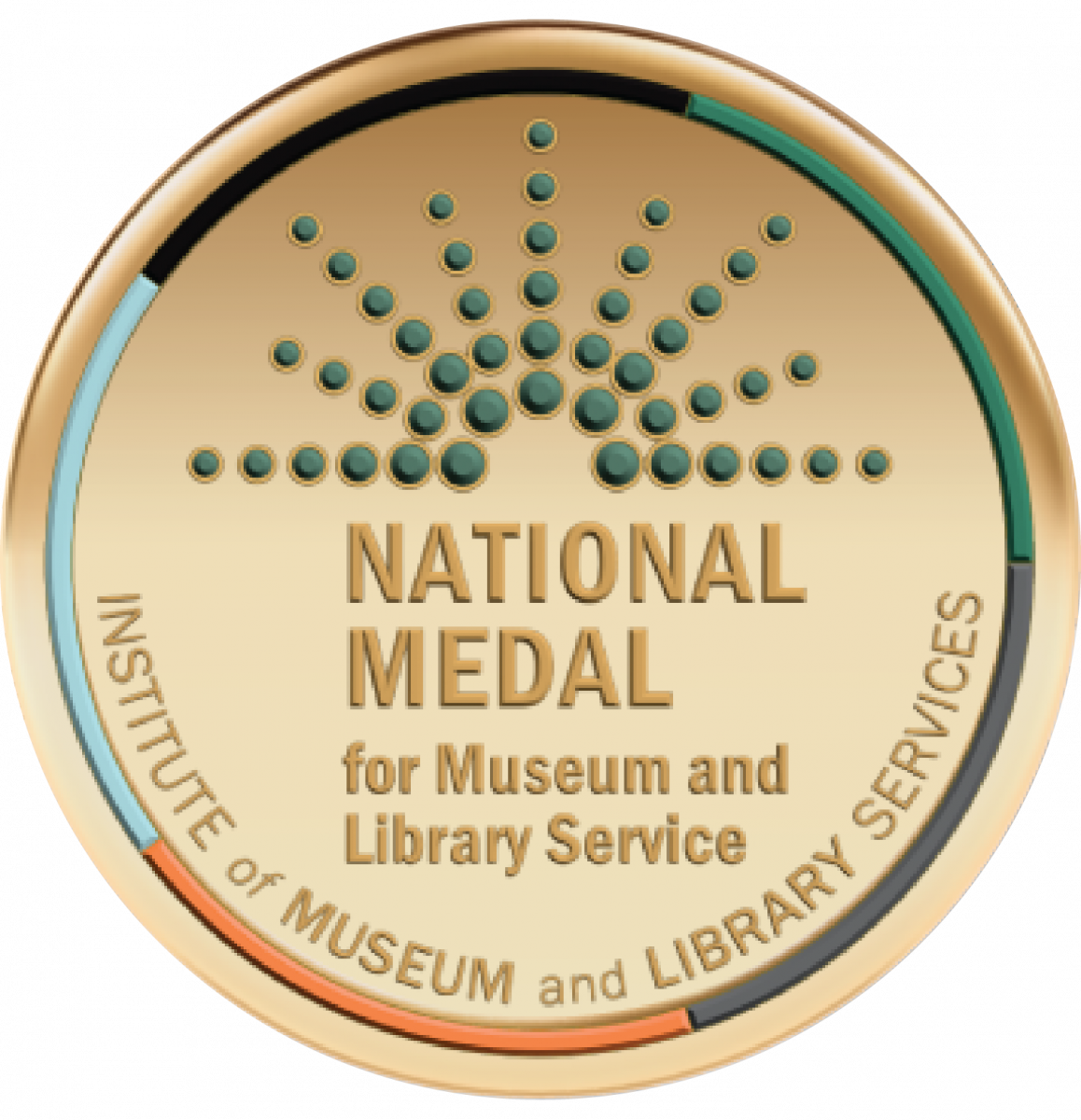Debate Meet-UP
Join us to debate every other week on zoom. Click to register. Grades 6-12.

2024 NATIONAL MEDAL
for Museum and Library Service Finalist
Join us to debate every other week on zoom. Click to register. Grades 6-12.
The restaurant will donate 10% of all sales on Wednesdays (March 2, March 9, March 16, March 23 and March 30).
Providing a Peek Into the Black Box of Holistic Admissions
In this session we will provide a detailed behind-the-scenes perspective on the role of Character in the college admissions process, and the three key questions admissions committees will consider in evaluating their applicants.
We will also discuss how students can put the thinking around the three questions into practice in their own college application process so they can stand out among students with similar grades and test scores.
Providing a Peek Into the Black Box of Holistic Admissions
In this session we will provide a detailed behind-the-scenes perspective on the role of Character in the college admissions process, and the three key questions admissions committees will consider in evaluating their applicants.
We will also discuss how students can put the thinking around the three questions into practice in their own college application process so they can stand out among students with similar grades and test scores.
The "Concerts In The Courtyard" series is held at the East Brunswick Public Library. This performance will be held INDOORS in the Meeting Rooms.
Grant funding has been provided by the Middlesex County Board of County Commissioners through a grant award from the Middlesex County Cultural and Arts Trust Fund, and through the East Brunswick Friends of the Library. This event is co-hosted by the East Brunswick Arts Commission.
# #
Join Creature Comfort Pet Therapy to learn about the power of pet therapy, hear how animals and their owners become volunteer teams and experience the calming effects from Creature Comfort volunteers and their loving dogs. You will be able to interact with live animals at this program. Open to all ages.
Learn how to make your own sock gnome and bring home your finished project. This program is open to students in grades 8-12 and space is limited. Email mwhittington@ebpl.org if you have questions.
This program has been sponsored by the generosity of the Friends of the East Brunswick Public Library.
Learn how to make your own sock gnome and bring home your finished project. This program is open to students in grades 8-12 and space is limited. Email mwhittington@ebpl.org if you have questions.
This program has been sponsored by the generosity of the Friends of the East Brunswick Public Library.
Join us to create and paint your own glow in the dark jar. This program has limited quantites and is open to students currently in 8th - 12th grades. Find us in the Teen Space at 6:30 on Monday, March 21.
Questions can be emailed to mwhittington@ebpl.org
This program has been sponsored by the generousity of the Friends of the East Brunswick Public Library.